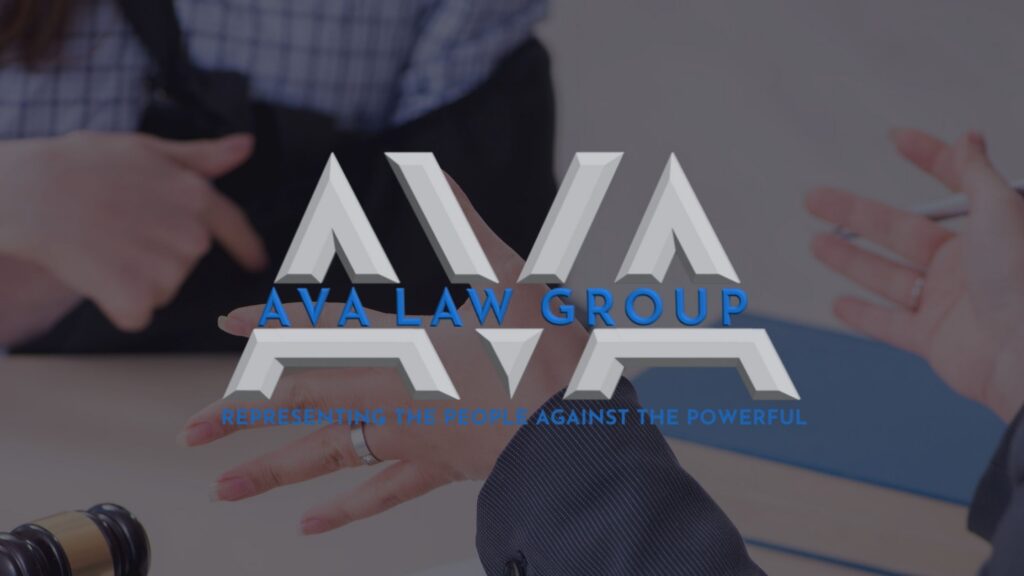Multi-million Dollar Settlement Reached Over Opioid Debacle
March 29, 2019
$270 million settlement with Purdue Pharmaceuticals offers hope to those struggling with an opioid addiction.
On Tuesday, March 26, Oklahoma settled its 2017 lawsuit with Purdue Pharma LP and members of the Sackler family, owners of Purdue and makers of the popular painkiller OxyContin. The state of Oklahoma accused the drugmaker of spurring the opioid abuse epidemic in the U.S. through deceptively marketing painkillers, the lawsuit led by Oklahoma Attorney General Mike Hunter.
In 2017 the U.S. Department of Health and Human Services (HHS) declared a public health emergency after the widespread misuse of non-prescriptive and prescriptive opioids swept across America. Consumers quickly became highly addicted to the pain relievers despite some opioid manufacturers’ denial of opioids’ addictive qualities.
Johnson & Johnson and Teva Pharmaceutical Industries Ltd. were also part of Hunter’s original allegations. Hunter asserted that these companies (along with Purdue) overstated the benefits of opioids while underplaying the risk of addiction, therefore engaging in deceptive marketing practices.
The numbers seem to support Hunter’s case: the HHH reports that in 2017 a staggering 11.4 million Americans misused prescription opioids, and 2.1 million people in the U.S. struggled with an opioid use disorder.
Additionally, a Purdue scandal in 2007 lends to Hunter’s allegations. After pleading guilty to misbranding OxyContin, Purdue and three executives paid $634.5 million in penalties for the federal charges.
On May 28, 2019, the lawsuit was set to go before a jury, but the settlement came first after Purdue’s chief executive reported the company was considering filing for bankruptcy protection. This strategy may have been implemented to address possible liabilities from the opioid lawsuits.
While Oklahoma sought over $20 billion in damages, the settlement will help fund an addiction treatment center at Oklahoma State University, with $20 million worth of medications donated to support treatment. At a news conference, Hunter said the new treatment center “is going to save countless lives, and it’s going to keep families together.”
The Sackler family still maintain that allegations of their contribution to the opioid crisis are inaccurate. Members of the prestigious family asserted taht the Oklahoma settlement does not set precedence for possible settlements in the future. People following the case closely commented that Purdue may try to attempt settlements with other local and state governments filing similar lawsuits to Oklahoma’s. But, they have not eliminated the option of filing for bankruptcy just jet.
Settlement Breakdown
The details of the opioid settlement include the following specifications:
- $102.5 million to aid in funding the addiction treatment center at OSU
- $20 million worth of medications donated to support treatment
- The Sacklers contributed $75 million towards the treatment center, though they were not named as defendants in the Oklahoma lawsuit
- $12.5 million towards Oklahoma localities to aid in addressing opioid epidemics in the community
- $60 million towards costs and legal fees derived from the lawsuit
While the outcome of future lawsuits and possible opioid settlements with pharmaceutical giants like Purdue still hang in the air, the Oklahoma settlement allows for a spark of hope and a pathway towards healing for those impacted by the opioid epidemic.




